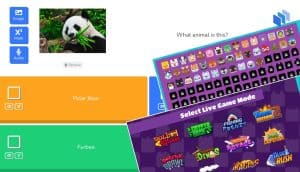What Does Information Processing Mean?
Information processing refers to the manipulation of digitized information by computers and other digital electronic equipment, known collectively as information technology (IT).
Information processing systems include business software, operating systems, computers, networks and mainframes. Whenever data needs to be transferred or operated upon in some way, this is referred to as information processing.
Techopedia Explains Information Processing
A computer information processor processes information to produce understandable results. The processing may include the acquisition, recording, assembly, retrieval or dissemination of information. For example, in printing a text file, an information processor works to translate and format the digital information for printed form.
Information processing began decades ago as businesses and governments sought to be able to process large amounts of data, often statistical or calculated from gathered data. The desire to travel into space further fueled the need to process large amounts of data and the information processing revolution gained more momentum. The 21st century has seen an explosion of data and the amount of information processed very day has reached gigantic proportions. Information is processed by billions of devices, hundreds of satellites and millions of software applications. Trillions of bytes are processed every minute.
Information processing is still in a growth phase; larger systems and more prolific ownership has created a steady increase in the amount of information processed globally.





